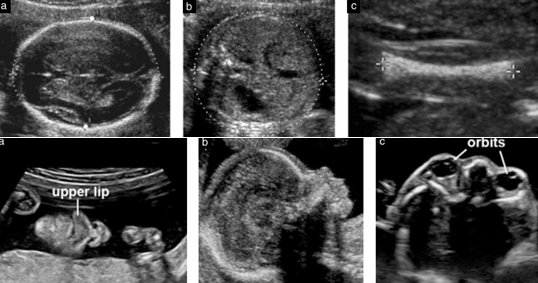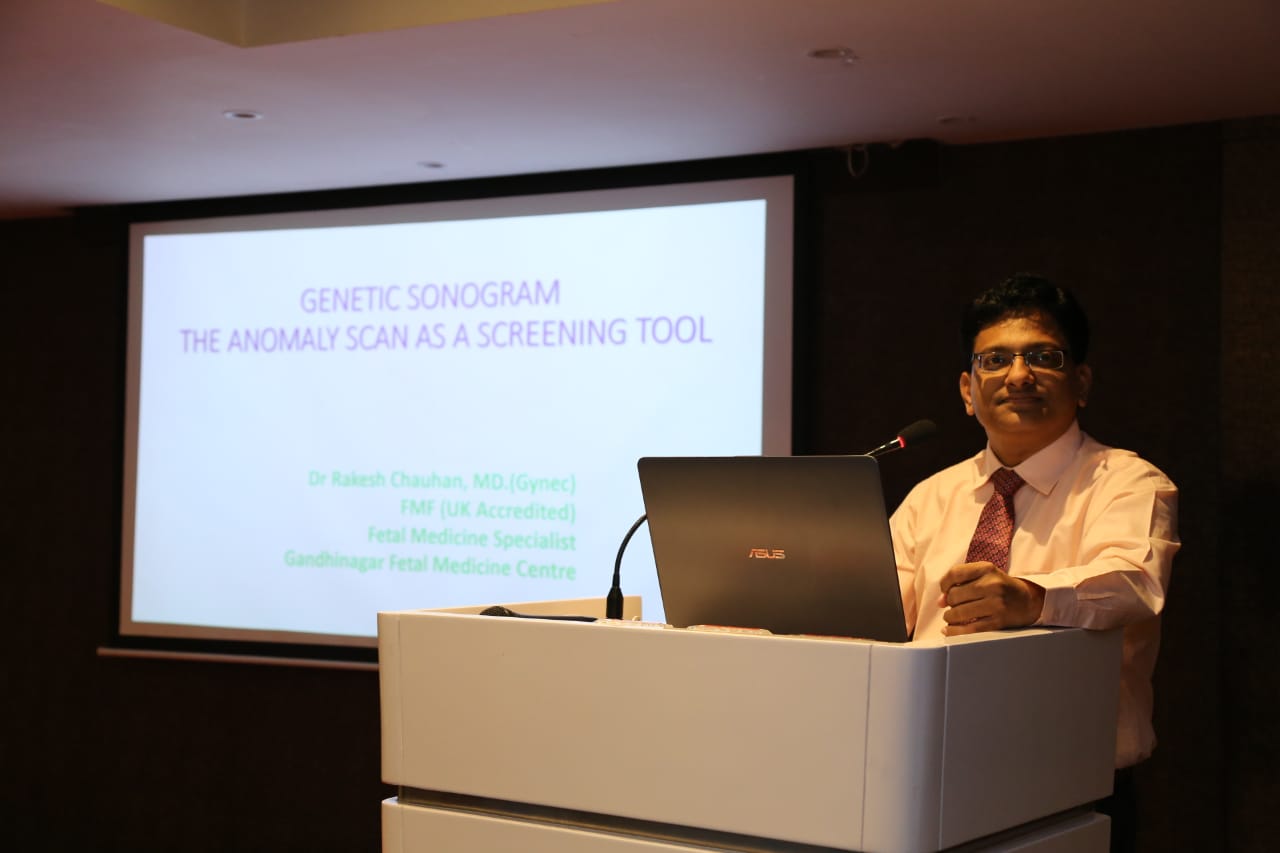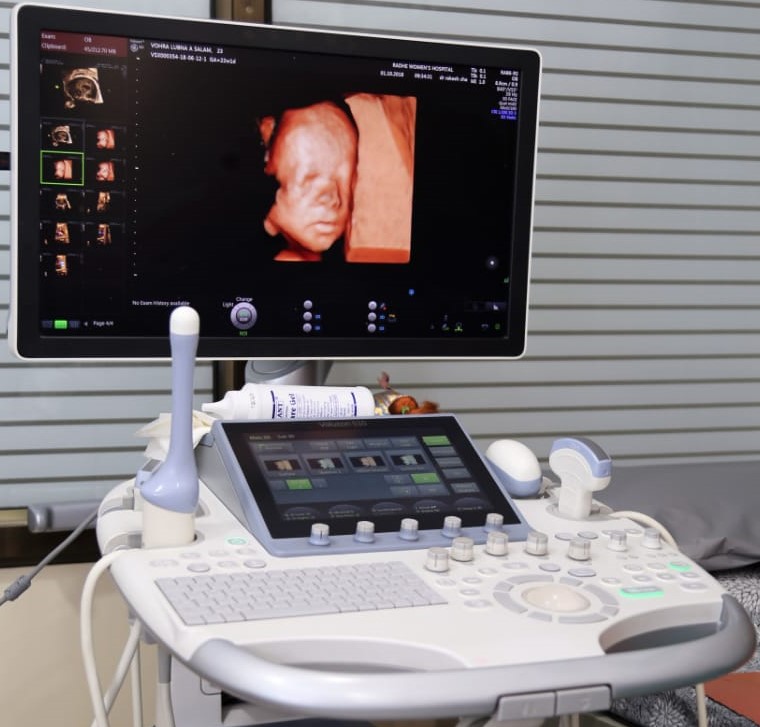ABOUT DOCTOR

Dr Rakesh Chauhan Fetal Medicine Specialist, MBBS,M.D.(GYNEC),special trainings in field of Fetal medicine. He is accredited from Fetal Medicine Foundation, UK, Diploma in Invasive ultrasound from Italy. .
With objective of providing Fetal Medicine Service to the publics of Capital of Gujarat Gandhinagar,and surround districts,he has establish gandhinagar fetal medicine center
Gandhinagar Fetal Medicine Centre is first of its kind superspecialty centre in Gandhinagar dedicated to fetal care during pregnancy. Ultrasound scans are indispensable non-invasive tool which helps to assess fetal health.Understanding the unborn has been a challenge to a medical field. Fetal medicine is a highly specialized branch of obstetrics (pregnancy related) dealing with all matters that affect the health of fetus from conception to delivery.
It is specially deals care of fetus – identification and treatment of any problems which may arise to the fetus during pregnancy. Having a baby is one of the most joyous and exciting things in one’s life. The nine months of journey is very precious.
As a part of antenatal care all pregnant mother are offered ultrasound scans to monitor the baby’s health, development and check for any serious abnormalities. Early, more accurate screening gives peace of mind during pregnancy.
Ultrasound scanning uses sound waves therefore not harmful to mother or baby. As far as we know baby is unaware that scan is taking place. During pregnancy 3 scans are recommended. One during 3 month NT scan, one during 5th month anomaly scan and the third one around 8- 9 months "growth & fetal well-being scan".

















